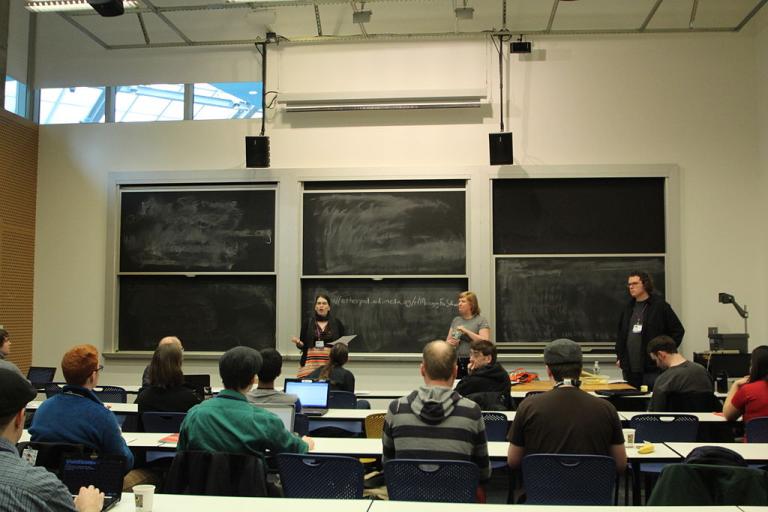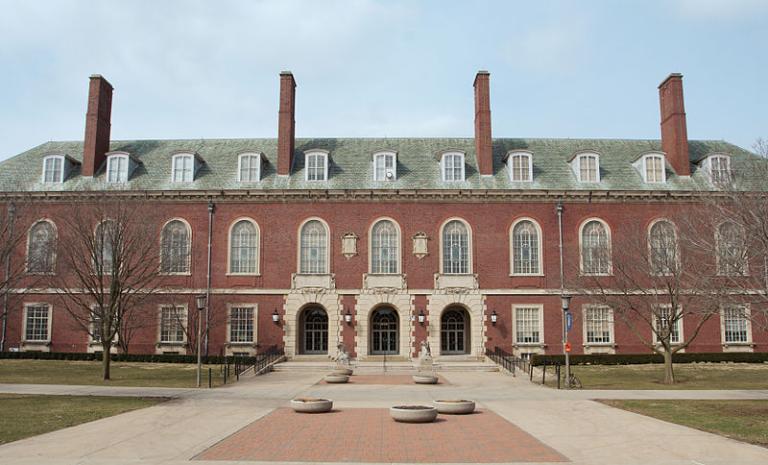
Here’s something that showed up in my twitter feed this morning: “Erasmus tips: How to survive at a French university.” The “Erasmus” in the title refers to a program in the European Union to encourage and facilitate university students studying in other countries, but that’s not relevant. What makes this a worthwhile read is the description of the ways in which French universities are radically different than those in the United States. Among the differences:
Don’t expect as much help as you may be used to, says Meredith Ford, who studied at SciencesPo in Paris.
“Be prepared to work independently and receive much less support – your professors and the administration will both expect you to figure things out alone,” she told The Local on Monday.
and
The first thing to note before you unpack your bags is that French universities are heavily oversubscribed. This is the result of the French belief in “the right to higher education but not to a degree.” This means no selection: anyone with the Baccalaureate has the right to go to a French university, but graduation is not guaranteed. [EJB comment: this is far more restrictive than the U.S.; the Bac is much more rigorous than a GED.]
So lecture halls are jammed and administration is slow. This really is a case of survival of the fittest. Selection is made as you progress through your studies – not everyone is expected to graduate, in fact the university relies on drop-outs. This means a lot of work and fairly brutal treatment of those who fall by the wayside.
Also,
The marking scheme goes from one to twenty, ten being the pass-mark. Between nine and 12 is considered average.
Which is just another reminder that
“Everyone wants free college, “just like Europe,” but no one wants the European college system,”
to quote, well, myself, back a while ago, when I first wrote that European countries may not charge tuition, but they run their university systems far more economically than we do, in ways that would come as quite a shock to American students who expect comfortable dorms, counseling and advising and tutoring by university staff, and so on.
In fact, when you consider public spending on higher (tertiary) education, the United States ranks fifth, ahead of France, Germany, and the UK, and only slightly lower than Sweden, when considered as a percentage of GDP.
And now, if you’ll excuse me, I’ll go encourage my oldest son to study his German lessons . . .
image: “LibrePlanet 2014 27” by Lionel Allorge – Own work. Licensed under CC BY-SA 3.0 via Wikimedia Commons – http://commons.wikimedia.org/wiki/File:LibrePlanet_2014_27.jpg#mediaviewer/File:LibrePlanet_2014_27.jpg













